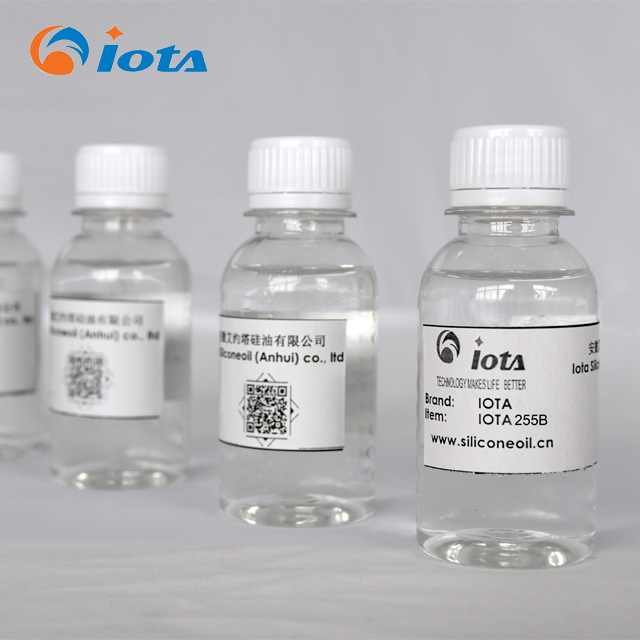Hits: 694 img

Powering the Digital Age with Specialty Fluids
In the microchips powering your smartphone or the electric vehicle battery management system, phenyl silicone oils play a critical—yet often overlooked—role. These thermally stable fluids are vital for protecting sensitive electronics from extreme conditions.
Thermal Management
Modern electronics generate significant heat, and efficient thermal dissipation is crucial. Phenyl silicone oils serve as dielectric coolants in transformers or heat-transfer fluids in CPU thermal pastes. Their low viscosity at high temperatures ensures efficient heat exchange, while their non-conductive nature prevents short circuits.
Encapsulation and Protection
LED modules and automotive sensors rely on phenyl silicone gels for encapsulation. The material’s high RI maximizes light extraction in LEDs, while its flexibility absorbs mechanical stress from vibrations. In harsh environments (e.g., under-the-hood automotive applications), phenyl silicones resist oxidation and chemical corrosion far better than organic rubbers.
Adhesive and Coating Innovations
Phenyl-modified silicones are key in pressure-sensitive adhesives for flexible displays. Their balanced tack and elasticity enable foldable screens to withstand thousands of bends. Similarly, hydrophobic coatings derived from phenyl silicones repel moisture in circuit boards, preventing corrosion in humid climates.
Challenges in Nanoelectronics
As devices shrink to nanoscale, traditional silicones face compatibility issues. Phenyl groups improve adhesion to metals and ceramics, aiding in advanced semiconductor packaging. Research is ongoing to develop ultra-low-outgassing phenyl silicones for space-grade electronics, where material integrity is mission-critical.
Conclusion
From consumer gadgets to industrial automation, phenyl silicone oils are indispensable enablers of electronic miniaturization and durability. As technology advances, so too will the demand for these high-performance materials.